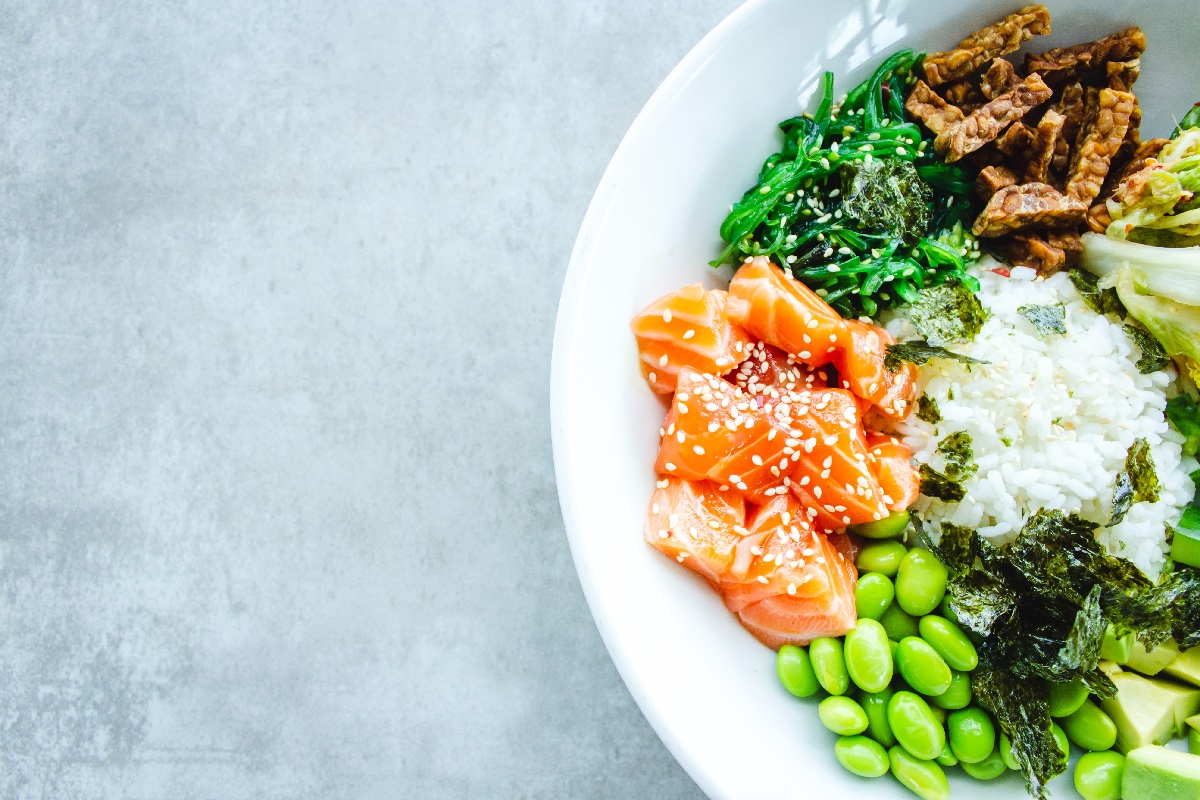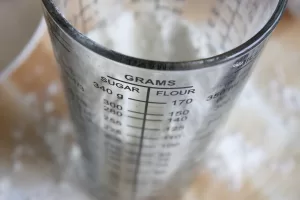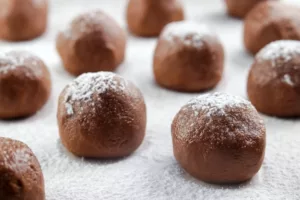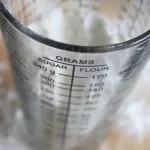Take Control of your Keto Diet Today...
What is Dirty Keto…?
In dirty keto, the primary goal is to adhere to the low-carb, high-fat requirements of a standard ketogenic diet without considering the nutritional value or overall healthiness of the food choices.
Unlike the traditional or “clean” approach to the ketogenic diet, which emphasizes whole, nutrient-dense foods, dirty keto allows for more processed and unhealthy options as long as they fit within the macronutrient guidelines.
This means that foods such as fast food, packaged snacks, and artificially sweetened products may be included in a dirty keto diet, as long as they are low in carbohydrates.
Does Dirty Keto Work…?
Lets’s face it… You’re here because you’ve heard of ‘Dirty Keto’ or ‘Lazy Keto’.
As a seasoned keto dieter or someone just starting out on your weight-loss journey, dirty keto is for those;
- looking for a change
- Taking a break from the planning and cooking routine…
- Non-keto days.
- Intermittent Fasting
- Maybe you’re just looking for an alternative keto method – one that is less regimented and allows for a bit of indulgence.
- Or maybe you just really fancy some quick, pre-made fast food but you want to try to stay keto-friendly and give yourself some days off.
Either way, you want to know the difference and you want to know if you’re going to ruin all that hard work or not. Read on…
With the increasing popularity of low-carb and Ketogenic diets that lean towards healthier, whole foods cooked from scratch using self-sourced ingredients… inevitably large food manufacturers are looking for a share of the spoils. Enter stage left, Dirty Keto.
But what is dirty keto and does dirty keto work?
Dirty Keto Vs Clean Keto?
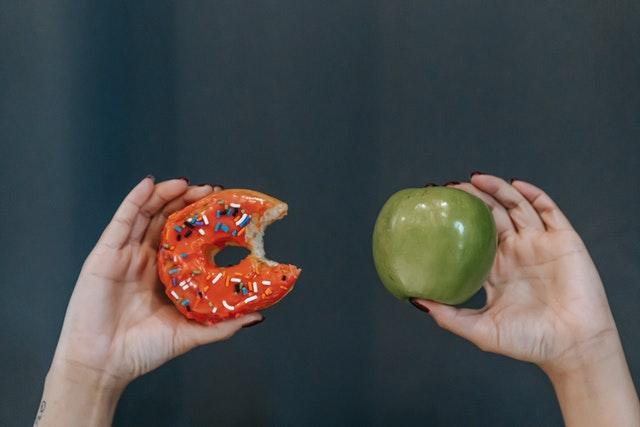
The Keto diet works based on reducing blood sugars by way of limiting your daily intake of carbs and encouraging your body into a ‘state of ketosis’. Focussed on wholesome fresh foods and cooking using healthy oils.
Reducing carb intake in this way forces your body to burn fat for energy because its normal source of energy, blood sugars, are used up quickly. A more detailed guide can be found here – in our article, Keto diet, beginners guide.
What is clean keto?
A standard keto diet or Clean keto follows the ethos of limiting carb consumption with whole, nutritious foods using fresh ingredients, predominantly self-selected.
This clean keto diet offers the assurance of knowing that you are eating unprocessed foods that contain additives, preservatives, and higher potential levels of sodium… a red flag for higher risk of high blood pressure and heart disease.
What is dirty keto?
Think high-calorie, high-fat processed foods either bought pre-packaged off the shelf or pre-made in a fast-food outlet.
Less concerned with eating ‘healthy’ low-carb foods…
More focussed on the carb/fat/protein ratios and more relaxed on the levels of sugars or starch, just as long as you don’t go outside of your daily macros.
Focus on keeping carb intake to below 20g each day and allowing for foods that strict keto dieters would normally avoid.
Although it is possible to achieve ketosis this way, it is also possible that you can under-nourish on key nutrients and increase the risk of health problems.
Dirty Keto Diet – Benefits & Problems.

For a lot of people, it means being able to eat out more frequently, or allowing themselves take-out and fast food when they feel like it. Whilst for other people it allows for the breaking of keto rules to indulge in non-keto friendly ingredients that they crave.
The dirty version of the ketogenic diet can offer several pros over a stricter clean keto diet.
Whilst a dirty keto diet can be more challenging to stay in ‘ketosis’… being careful about tracking your macros will allow this method to be an effective dieting strategy for those wishing to make fat their primary source of fuel.
Sometimes, understanding what is sustainable, and of course, what results you are getting can be the difference between success and failure for a diet plan.
The Pros
Cost
Most would agree that it is less expensive due to the lower focus on buying and preparing fresh produce and ingredients.
Time and Cooking Skills
Less intensive food prep and cooking make the dirty keto diet an attractive choice for those lacking the time, skill, or confidence to plan every day’s meals, source ingredients, prep, and cook.
The Cons
Yes, It is perfectly possible to achieve Ketosis and lose weight on a dirty keto diet, just so long as you consider the potential hurdles and apply some common sense.
Eating processed foods, even if carefully monitoring macros, can adversely affect the amount of key nutrients you need and increase your risk of several medical conditions such as heart disease.
Additives
Processed foods and fast foods tend to have a high proportion of additives and fewer of the micronutrients you need for a healthy diet.
Processed food manufacturers use additives to increase shelf-life – but remember, most are not easily dealt with by your body’s digestive system and are generally understood to contribute to health problems, so it’s better to avoid them altogether.
Lack of micronutrients
One of the most potentially harmful negatives is the possibility of reduced amounts of vital nutrients.
Overcome this by using suppliments including Vitamins C, D, and K, folic acid, magnesium, zinc, and calcium.
however, studies suggest that the body digests them much better when they come from whole foods like those eaten on a clean keto diet.
The cooking process
Remember that fast foods and pre-cooked processed foods are normally cooked in less healthy oils such as vegetable oils. These cooking oils can be high in polyunsaturated fat called linoleic acid.
Small quantities are quite healthy, but excess use of these types of oils can lead to obesity because too much linoleic acid can create inflammatory conditions and excess fat storage… Obviously counter-productive for any diet.
Reduced Fiber
Processed and fast foods will tend to have less fiber content.
“Individuals with high intakes of dietary fiber appear to be at significantly lower risk for developing coronary heart disease, stroke, hypertension, diabetes, obesity, and certain gastrointestinal diseases”.
“The recommended dietary fiber intake for children and adults is 14g/1000kcal.” (PubMed)
Is dirty keto unhealthy?
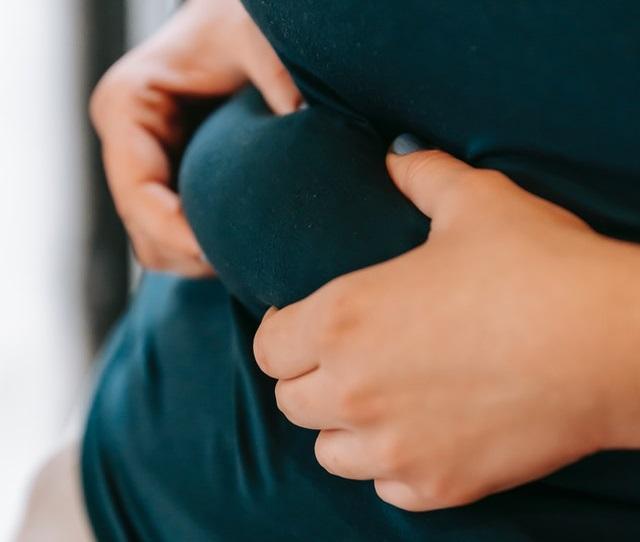
There is no easy answer to this question.
Let’s just say that if you are considering ketogenic diets, the standard keto diet will prove healthier but a dirty version that relies on packaged food or processed foods and fast foods can still allow ketosis to work, but monitoring of carb/fat/protein is vital.
As previously stated, several key factors are potentially unhealthy to keep an eye on if you’re practicing a dirty keto style.
Over-consuming additives and preservatives, unhealthy cooking processes, insufficient micronutrients, and lack of fiber will all contribute to poorer health – but…
You can mitigate the effects of these unhealthy deficiencies by the use of helpful supplements and monitoring of protein values.
How to do ‘Dirty Keto’
- Mix it up with Clean Keto
- Give yourself days off from the clean keto regimen and allow yourself a once-a-week or once-a-month cheat meal.
- Instead of seeing it as a weakness, cheat clever and then get back to whole foods.
- As long as you watch your macros or limit your net carbs it’s all good.
- Make sure you get the right amounts of nutrients & fiber
- Even if you’re going full dirty keto, make sure to include the correct vegetables and ensure that you get enough nutrients and fiber.
- (see our guide: Best Foods For Keto)
- Use it as an entry point to full clean keto
- Use dirty keto as an easy introduction to the keto diet, transitioning into a new eating style.
- Calculate your macros as with standard keto and check food labels for nutritional values to stay within your ratios, then
- Ease yourself into planning and cooking when you have the time and the confidence.
- Check you’re not missing out
- If you’re opting for dirty keto because of its convenience and ability to indulge, remember that clean keto can be super easy – with a lot of sweet treats and delicious salad options that require no cooking.
- (See our guide: Keto Diet: What not to eat)
Conclusions
While dirty keto can potentially help individuals achieve ketosis and experience weight loss due to the low-carb nature of the diet, it may not promote overall health and well-being. Relying on processed and low-quality foods can lead to nutrient deficiencies, inflammation, and other negative health effects in the long term.
It’s important to note that following a clean and well-rounded ketogenic diet, which prioritizes whole foods, high-quality fats, and adequate nutrient intake, is generally considered a healthier approach for sustained long-term results.
- A dirty keto diet can offer similar results to a standard ketogenic or low-carb diet.
- Both clean and dirty keto can help burn fat with the dirty version focussing less on ‘healthy’ foods but still focused on maintaining the fat/carb/protein ratios.
- Whilst it can offer fat-loss, care must be taken with potentially unhealthy over-eating of foods that offer little nutritional value
- Eating high-calorie convenient foods makes it more difficult to stay in ketosis, so careful monitoring of macros should be maintained.
- A clean keto diet does not need to be free from life’s little pleasures. There is plenty of scope for sweet treats and satisfying snacks. Check out some of the great recipes for snacks and sweet treats here.
Frequently Asked Questions
Dirty keto foods are anything you like that still fits into your personal macros results. Essentially, eat whatever you want within the carb/fat/protein ratios.
In truth, a ‘cheat day’ every once in a while should not set you back at all, so long as you watch your macros or stay within your daily carb limit by cheating smart… see the example above!
No – It doesn’t need to be any less effective than a standard keto or low-carb diet – not if you are counting your carb/fat/protein macros.
Just remember to monitor micronutrients too and make sure that any deficiencies are being supplemented.
On dirty keto – you can eat anything you want as long as you monitor your personal macros and the food you eat fits the daily limits and ratios
With ‘lazy keto’, you don’t need to be so focussed on your macros… just monitor your net carbs.
(Net carbs are the total carbs minus the fiber)

